Kvitova's first-round exit at the French Open: The dilemma of a postpartum comeback and the idea of gender equity in women's tennis
In the first round of the 2025 French Open, two-time Wimbledon champion Kvitova was reversed 1-2 by Switzerland's Grubic and swallowed her fifth defeat after her postpartum comeback. The Czech star won Wimbledon twice in 2011 and 2014, reaching a world high of No. 2, but has now dropped to No. 608. A 6-3 victory in the first set was promising, but the subsequent collapse of the two-set 0-6 4-6 revealed a serious dip in her fitness and form.
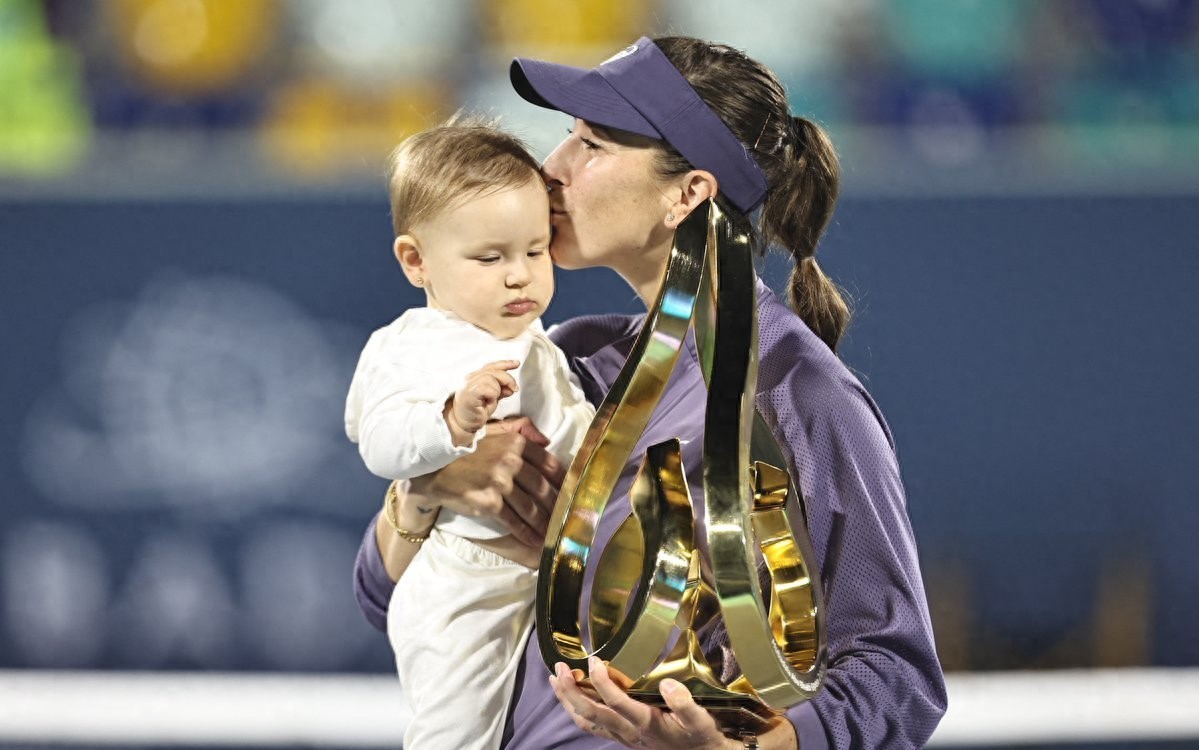
Since her comeback at the beginning of the year, Kvitova has only a 1-5 record. This statistic reflects the general dilemma of postpartum returning players: the physical function requires a long recovery period, and it is difficult to return to the peak of competitive form. As Kvitova admitted in her post-match interview: "I'm still adjusting to being a mother and a professional footballer, and it's tougher than I thought. ”
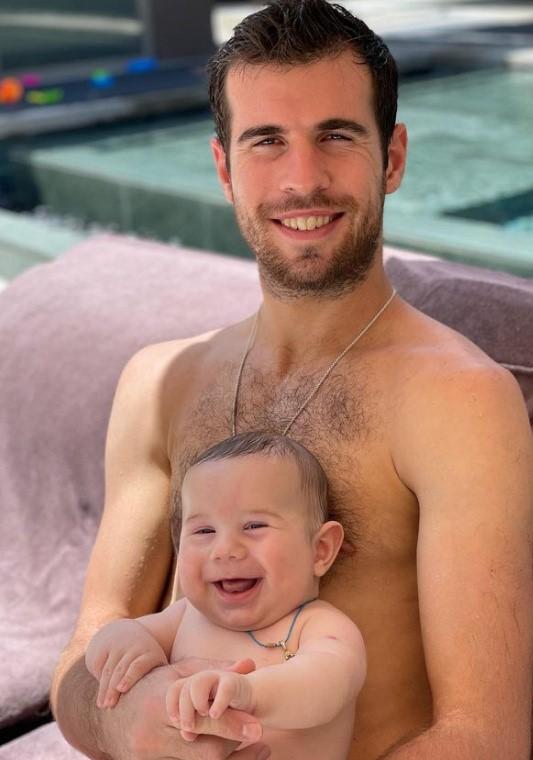
The "mom players" of women's tennis include successful cases such as Clijsters and Bencic, as well as failures such as Azarenka and Serena Williams, whose comeback trajectories reveal the deep contradictions between gender and professional sports.
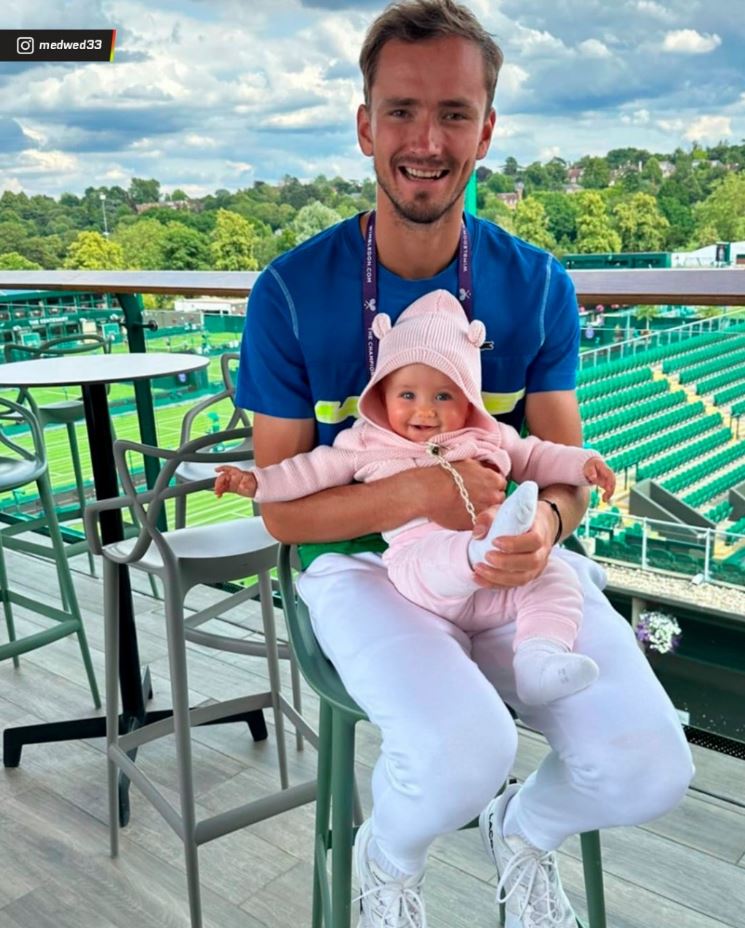
Belgian star Clijsters is a prime example of a postpartum comeback. She made a comeback as a 'mom player' in 2009 after two years of retirement, winning the US Open, then winning two Grand Slam titles and returning to world No. 1, thanks to her youth and the relatively loose competitive landscape of women's tennis at the time. However, this myth is difficult to replicate: she made her second comeback in 2020 at the age of 37, suffered multiple rounds of tours, and eventually retired in disgrace.
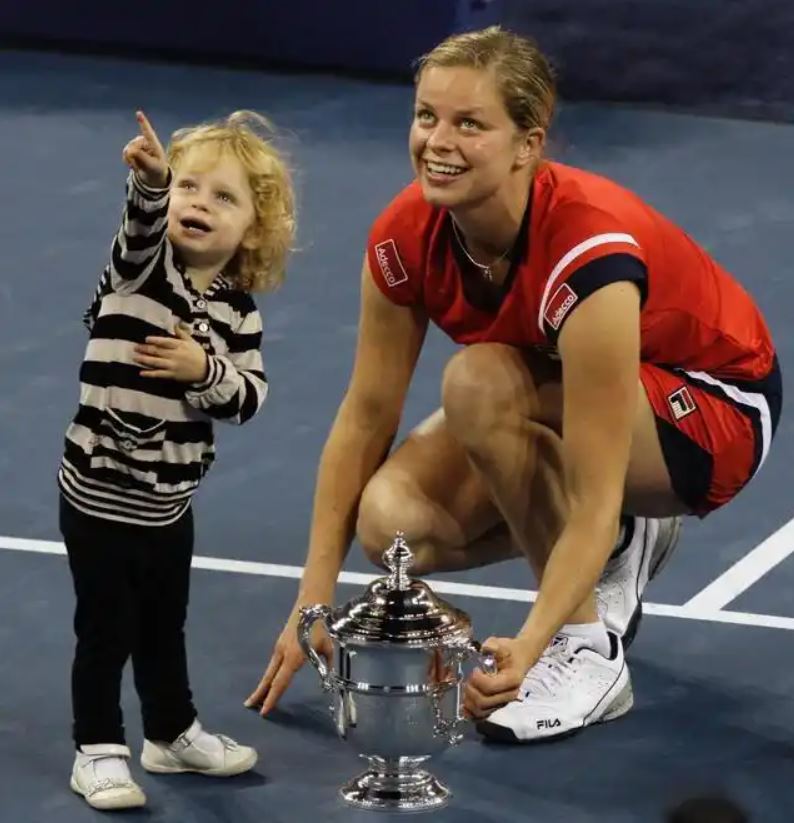
Williams' comeback is even more tragic. She returned to action just three months after giving birth in 2018 and, although she reached four Grand Slam finals, failed to equalling Margaret Court's record of 24 titles. In the first round of Wimbledon 2022, she lost to the world number 115, and this defeat became the last straw for her, and Serena Williams officially retired after losing to Tomjanovic in the third round of the 2022 US Open.
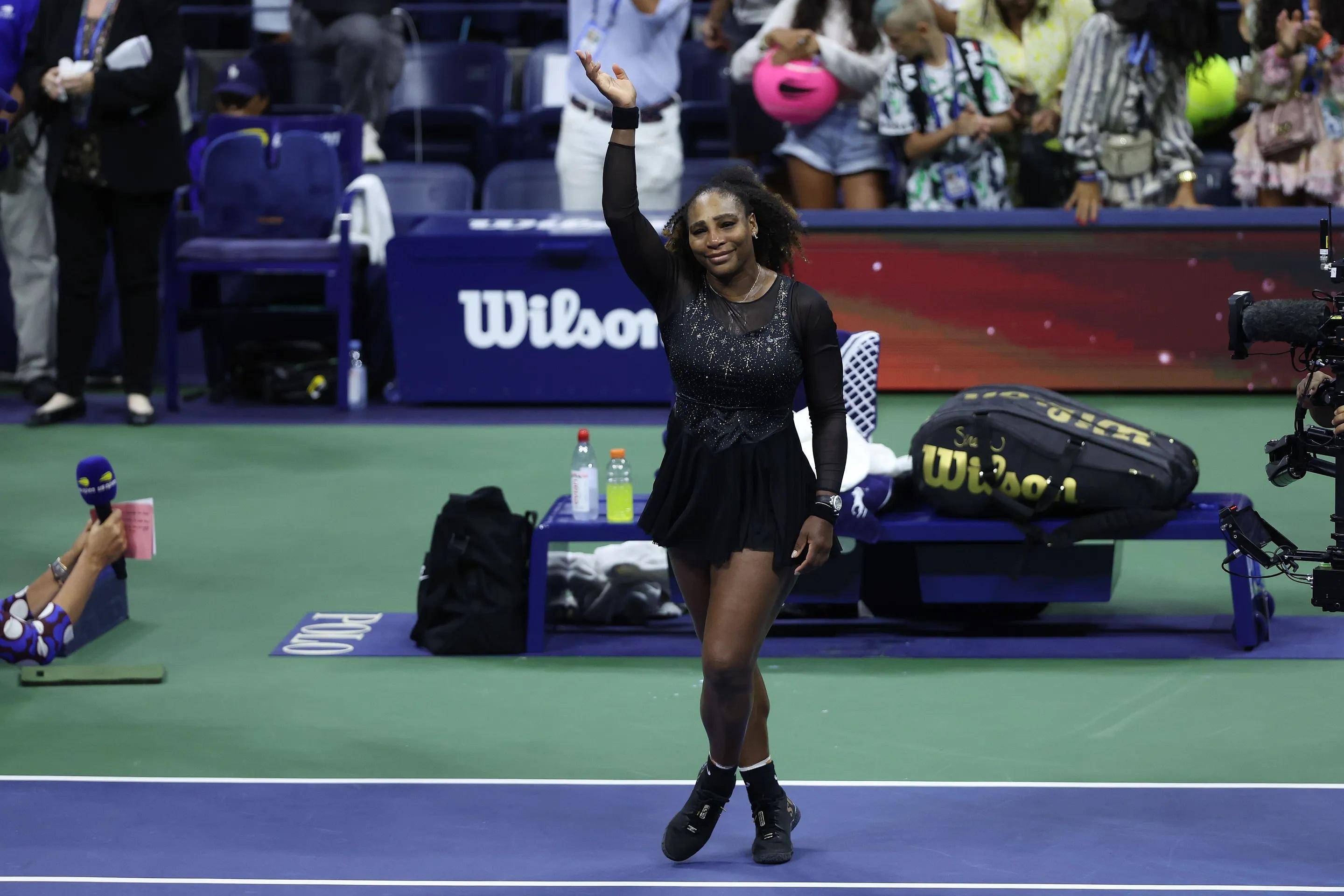
Although Azarenka has occasionally performed well since her comeback, the world ranking has hovered around 50 for a long time, and it is difficult to participate consistently. Although she can't win another Grand Slam title, her runner-up finish at the 2020 US Open and the semi-finals at the 2023 Australian Open show that she is still competitive, allowing her to maintain a certain ranking and avoid a losing streak, although the former world number one has not been given enough spotlight.
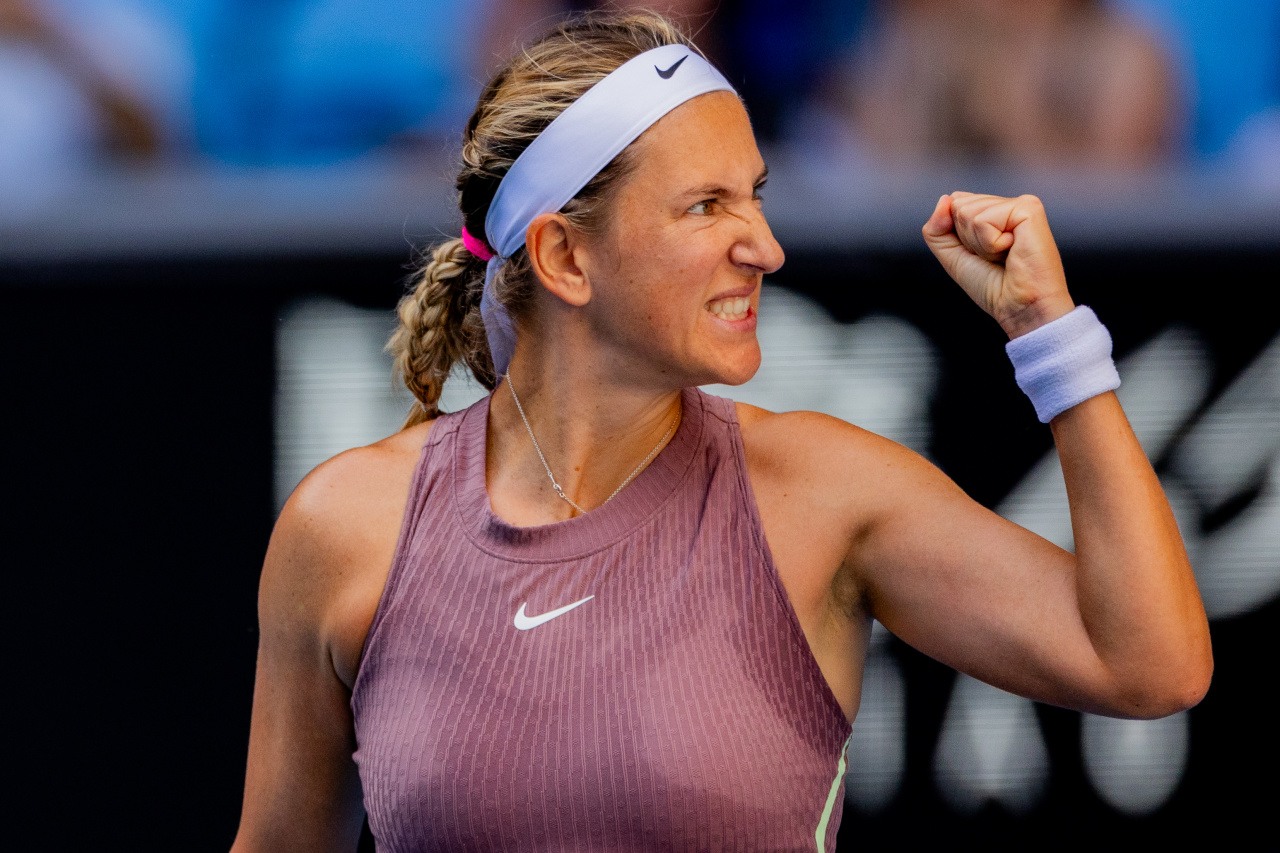
In men's tennis, players such as Federer and Djokovic have been able to maintain their top level after becoming fathers, and have even been crowned Grand Slam champions many times. Female players, on the other hand, face a very different situation: first, the physical changes brought on by pregnancy (e.g., diastasis rectus, pelvic floor muscle relaxation) require months or even years to recover, while men do not have to take such risks. Serena Williams once described in the documentary the struggle of "brain chaos and body shape" after giving birth, and Kvitova's lack of fitness during lactation caused the second half of the game to collapse. Second, women are often tacitly assumed to take on more childcare responsibilities. Wozniacki bluntly said: "Juggling the tour and childcare is like two full-time jobs", while male players generally rely on their wives or teams to share the burden of childcare. Li Na said more directly, "I will not come back, because it is more important to accompany my children", which expressed the realistic choice of most female players. Although the WTA has introduced a "protected ranking" policy (allowing postpartum players to play in the pre-suspension ranking), the supporting measures are still insufficient. While the four Grand Slams have nurseries, the tour lacks daycare services on a daily basis, while the ATP tournaments provide better childcare support for male players. Financially strapped players, such as Townsend, are even forced to play separately from their children, further exacerbating the psychological burden.
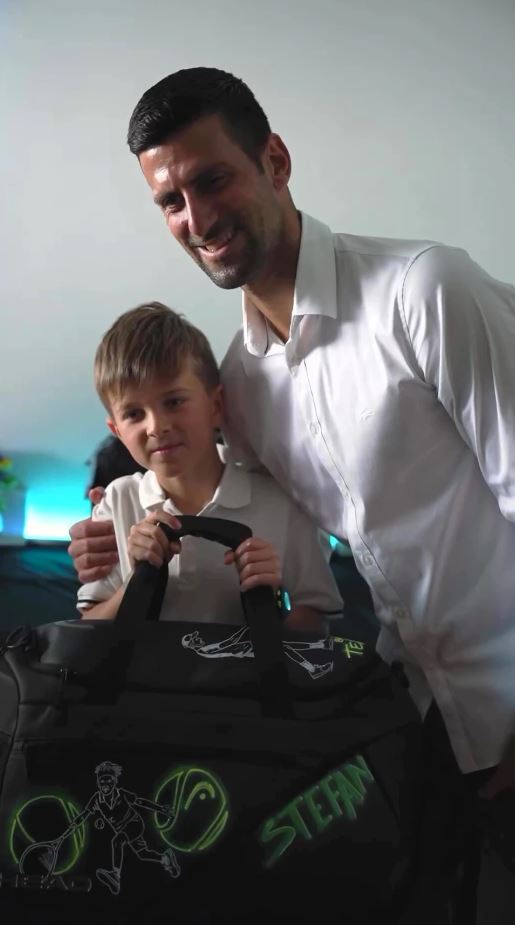
Changing this will require a concerted effort of multiple parties, such as reforming the tournament system, expanding the coverage of childcare services, extending the time limit for ranking protection, and providing childcare allowances. Innovations in technical support are also important to develop training programs adapted to postpartum recovery. The cultural mindset of society must be changed, the stereotype that mothers must sacrifice their careers must be broken, and men must be encouraged to share family responsibilities.
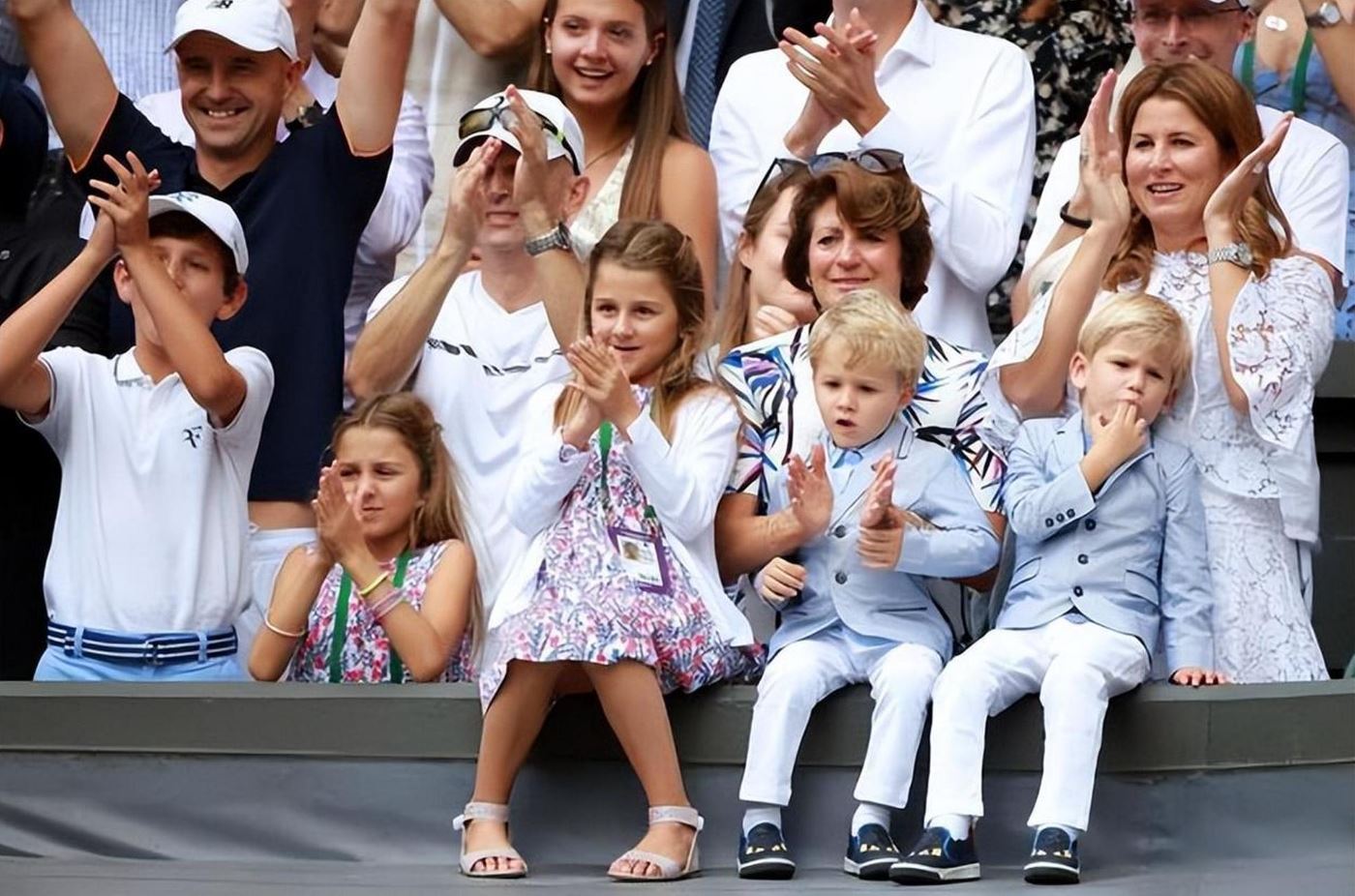
Clijsters once said: "Motherhood should not be an obstacle to returning to the ring". Kvitova's defeat was not only her personal regret, but also the trigger for the issue of gender equity in women's tennis. Only by combining systematic support and conceptual innovation can more "mom players" write their own second chapter in the arena. (Source: Tennis Home Author: Xiaodi)







 Links
Links
 Contact
Contact
 App
App


